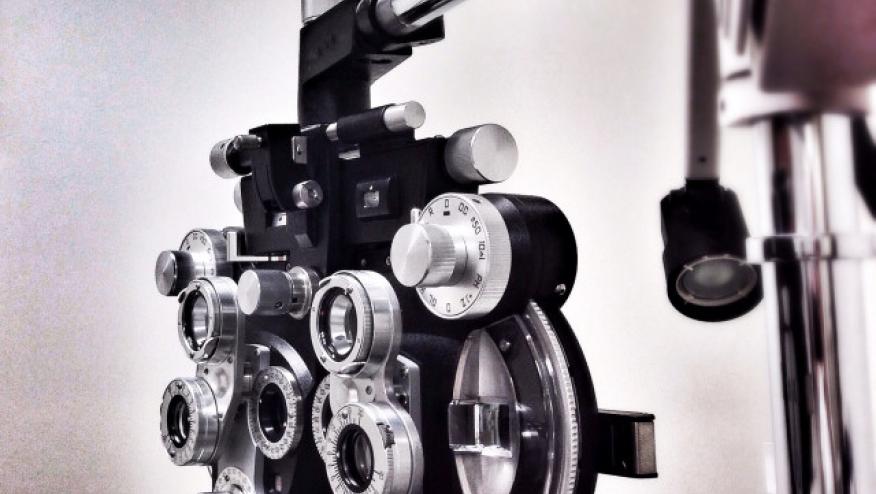Hydroxychloroquine Blood Levels May Predict Future Retinopathy Save

A study of 527 patients receiving daily hydroxychloroquine (HCQ) concluded that hydroxychloroquine blood levels may predict future HCQ retinopathy.
This study assessed whether lower HCQ dosing, as recommended by the 2016 American Academy of Ophthalmology (AAO) guidelines (less than 5 mg/kg), would favorably affect retinopathy outcomes.
The overall risk of retinopathy was 4.3%, but was rare (1%) in the first 5 years, and rose with time - to 1.8% from 6 to 10 years, 3.3% from 11 to 15 years, 11.5% from 16 to 20 years, and 8.0% after 21 years of use.
Higher hydroxychloroquine blood levels were also predictive of hydroxychloroquine retinopathy (p=0.0124 and p=0.0340 for mean and maximum HCQ blood levels respectively).
Therefore, hydroxychloroquine blood levels may not only predict patient compliance but also a risk of future retinopathy.
(Editor’s note: I personally have never monitored HCQ levels in my lupus or rheumatoid patients, but may be compelled to in patients who are not responsive or doing poorly and for the sole purpose of assessing HCQ adherence - not for future risk of retinopathy.)










If you are a health practitioner, you may Login/Register to comment.
Due to the nature of these comment forums, only health practitioners are allowed to comment at this time.